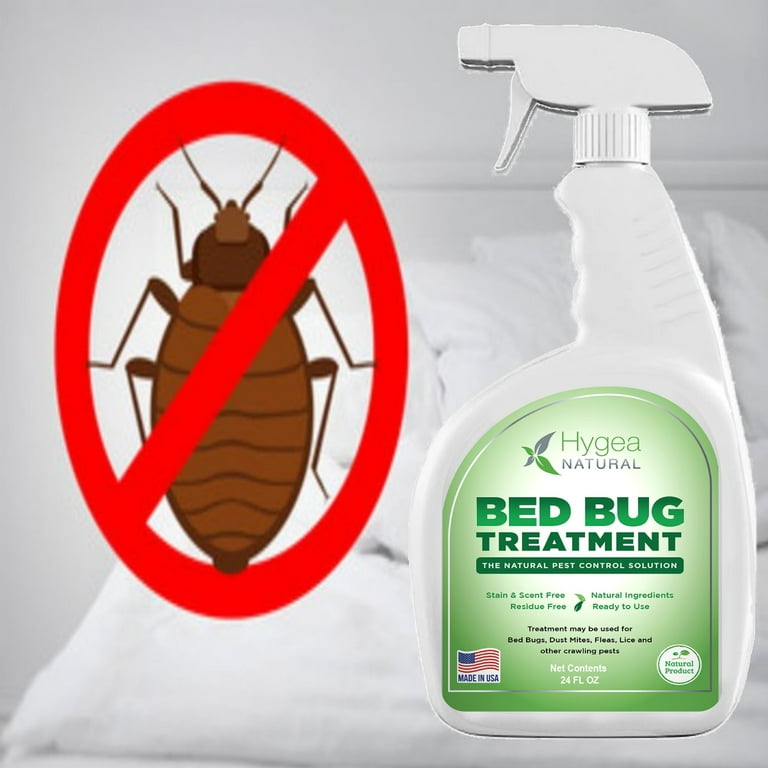Comprehensive Kings Pest Control Services Cincinnati OH
Comprehensive Kings Pest Control Services Cincinnati OH
Blog Article
A Break Down of the Different Types of Insect Control Solutions
In the world of bug control, a plethora of approaches exist to address and fight the visibility of undesirable animals. As we browse via the varied landscape of parasite control options, recognizing the complexities of each approach comes to be paramount in identifying the most efficient course of action.
Chemical Pesticides
Chemical pesticides are commonly utilized in pest control to successfully eliminate a large range of pests and various other parasites. These chemicals work by targeting the nervous system of the pests, disrupting their normal functions, and inevitably resulting in their demise. Making use of chemical pesticides has been a staple in the bug control sector for years due to their effectiveness and quick outcomes.

Nonetheless, it is necessary to utilize chemical pesticides with care due to their potential dangerous results on the atmosphere and non-target types. Improper application or overuse of these chemicals can bring about air pollution, damage to useful pests, and resistance growth in insect populations. It is important to adhere to safety and security standards and laws when making use of chemical pesticides for pest control.
Biological Control Methods
Taking into consideration the potential ecological influences and risks related to chemical pesticides, biological control techniques use an even more sustainable strategy to managing insect populaces. Biological control entails making use of all-natural opponents, such as bloodsuckers, predators, and virus, to reduce bug populations. This technique is typically more targeted, impacting just the specific insect varieties while minimizing harm to advantageous bugs, human beings, and the setting.

One advantage of biological control is its lasting performance. When developed, all-natural opponents can aid manage pest populations continuously without the demand for repeated applications of chemicals. Furthermore, biological control is often extra economical and can help in reducing chemical resistance in insect populations over time. Overall, organic control methods use a ecologically pleasant and lasting service to pest management.

Mechanical Pest Control
Mechanical parasite control includes the physical adjustment or removal of insects to handle their populaces efficiently. One usual example of mechanical pest control is utilizing traps to record pests or rodents.
Another mechanical approach is making use of obstacles such as fences, screens, or internet to block parasites from getting in specific locations. By physically preventing insects from accessing an area, the probability of invasions or damage can be significantly minimized. In addition, manual methods like handpicking bugs off frameworks or plants can be go to my blog reliable for smaller-scale infestations.
While mechanical bug control approaches can be labor-intensive, they offer a non-chemical option that can be sustainable and eco friendly. By targeting pests straight, mechanical control methods can assist maintain insect populations in check without depending on pesticides.
Natural Treatments
Utilizing all-natural treatments for pest control provides a sustainable and environment-friendly approach to handling pest populaces without resorting to chemical interventions. Natural remedies entail making use of substances obtained from plants, minerals, or various other normally occurring resources to hinder or remove insects.
In addition, vital oils such as tea tree oil or neem oil have insecticidal properties that can efficiently control pests while being risk-free for the setting. An additional natural treatment is presenting valuable pests like ladybugs or hoping mantises to your garden to exploit unsafe pests. By integrating these natural solutions into insect management strategies, people can minimize their dependence on synthetic chemicals and promote a healthier, more well balanced ecological community.
Integrated Pest Monitoring
Integrated Parasite Monitoring (IPM) is a detailed technique that combines various strategies to properly regulate pest populaces while lessening risks to human health and wellness and the atmosphere. IPM includes the combination of numerous pest control techniques such as organic control, habitat adjustment, alteration of social practices, and using immune crop selections. By utilizing a mix of these techniques, IPM intends to reduce reliance on chemical pesticides, which can have unfavorable influence on communities and human wellness.
One secret element of IPM is the emphasis on avoidance. By implementing actions to stop parasite invasions before they occur, such as preserving appropriate hygiene and securing access factors, the demand for reactive insect control measures is minimized. Monitoring and routine inspections play an essential function in IPM, enabling early discovery of parasite issues and punctual treatment.
Conclusion
Finally, the numerous kinds of parasite control remedies provide a variety of choices for successfully handling pest infestations. Chemical chemicals provide fast removal however this link may have environmental threats. Biological click here now control techniques use natural predators to regulate pests. Mechanical parasite control involves physical obstacles or traps. All-natural remedies supply safe alternatives. Integrated Pest Administration integrates several strategies for an alternative approach to pest control. Each approach has its own advantages and drawbacks, and selecting the most ideal remedy depends upon the particular parasite trouble at hand.
Chemical pesticides are generally made use of in insect control to efficiently get rid of a vast array of bugs and other pests.Mechanical insect control involves the physical manipulation or removal of pests to handle their populaces efficiently (Kings best pest control cincinnati).Making use of natural remedies for parasite control offers a environmentally friendly and lasting approach to taking care of bug populaces without resorting to chemical interventions.Integrated Insect Monitoring (IPM) is a thorough strategy that incorporates different techniques to successfully control pest populations while lessening dangers to human health and the environment.In final thought, the numerous types of insect control remedies offer an array of choices for properly managing parasite infestations
Report this page